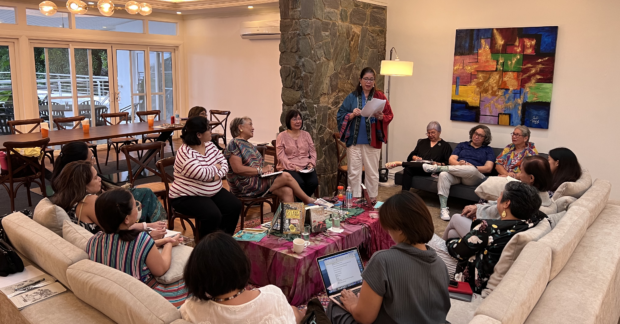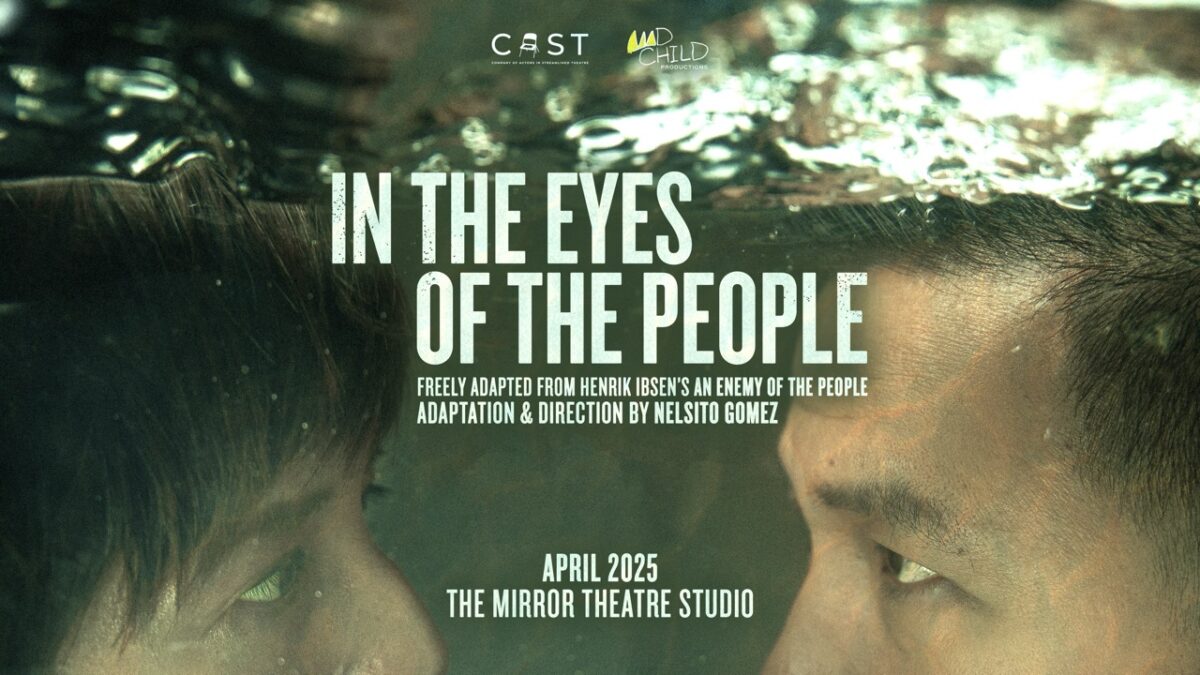Last week, we presented the idea that certain theories of quantum physics may be referring to the Hindu concept of the Akasha. Although admittedly quite difficult to understand at first and unacceptable to scientists, the Akashic record has a role in our everyday life that I hope the following discussion will clarify.
Why do some primitive people refuse to shake hands with strangers or have their pictures taken? Why can some people tell or describe accurately the person who has held or touched an object without having met him or her before? Why is it not advisable to bring antiques into your home? Why do some people feel good being in a certain place, and bad in others?
Of course, many people consider such things mere superstition, or “old wives’ tales.” Or do they have some bases in fact?
Certain people refuse to shake hands with strangers or have their pictures taken because they believe that if they do so, something in them is left with the other person or with the picture. And there is some truth to this because of the existence of the Akasha or the Akashic record.
As we said last week, the concept of the Akashic record is difficult to explain to the modern scientific and materialistic mind, because it cannot be perceived by our ordinary human senses, nor by any scientific instrument. It does not exist on the physical plane but on the etheric level.
Sometimes called God’s Book of Remembrance, the Akashic record contains everything that a person has thought, felt, intended, desired or done on earth, from the time he was born up to the time he leaves the earth plane. The Akashic record is a repository of all knowledge, past, present and future.
According to Indian Yogi philosophy, the Akasha is the substratum of all matter. If you reduce everything in the universe to its ultimate component, what will be left is the Akasha. Within the Akasha is recorded everything that happened in its presence. And this record is permanent—not a single word or line can be erased.
Positive or negative energy
The presence or existence of the Akashic record explains why we can obtain information about a person by holding or touching an object that belongs to him. This is also the reason relics of saints or religious persons are revered by the Christian Church.
It explains why it is not advisable to bring antiques into your house if you do not know the history of the antiques. It explains why certain places or houses radiate either positive or negative energy, and why certain roads become accident prone.
It also explains why the legendary “Curse of the Pharaoh,” which killed those who desecrated his tomb, may not really be superstition but fact, or why certain people can read what happened to a certain place without having been there.
The ability to tell the history of an object by merely holding it is called “psychometry” or “object reading.’’ This should not be confused with the word psychometry in psychology, which has an entirely different meaning.
Psychometry as a distinct psychic ability or skill was discovered by Dr. Joseph Rodes Buchanan in the 1800s. He also was the first to use that word in its literal sense, namely, “mind or soul measurement.’’ He wrote the first book on this subject called “A Manual of Psychometry.’’
Later, in the mid-1800s, a British geologist, William Denton, discovered the uncanny ability of his wife and her sister to identify and describe accurately fossils he found in the field. After a series of experiments, he was convinced of the ability of some people to “read’’ an object by merely touching it. He wrote the more highly readable book “The Soul of Things.’’ And he declared that psychometry is an undeniable fact.
In my Basic ESP seminar, I teach participants how to make psychometric readings of personal objects belonging to somebody they do not know. Such objects may be a finger ring, a necklace, a car key, a watch or a medallion that only that person uses. Throughout the many years that I have been conducting this course in the Philippines and Poland, about 70 to 80 percent of the class are able to obtain correct, specific and verifiable information about the owner of the object.
Next week, we shall talk about the dangers of bringing antiques into your home. INQ
Tel. 0998-9886292, 88107245; email the author at jaimetlicauco@yahoo.com; see our webinar at innermindlearning.com.













































